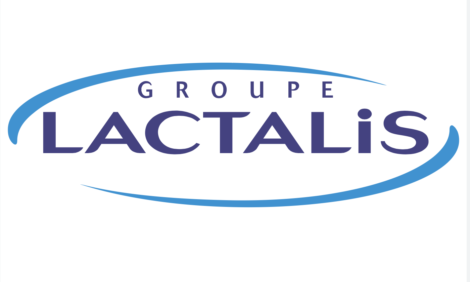



Challenge Flies In The Parlour
UK - Dairy farmers need to plan ahead to minimise the disruption caused by flies in the milking parlour, according to dairy hygiene specialists Diversey Ltd.“Flies are a major problem on dairy farms, although last year was less problematic because of the colder than usual summer,” explains Alison Cox, Field Technical Manager with Diversey Ltd. “However, dairy farmers would be wise to expect more typical levels of fly infestations this year.
“While flies are commonly associated with the spread of pathogens responsible for summer mastitis, in reality for most farmers the biggest problem is the disruption they cause during milking.
“Cows can be less enthusiastic about coming into the parlour and once there, will be increasingly agitated. More units will be kicked off onto soiled floors with the risk of slurry or dirty water entering the system. If the unit fails to come off completely, there is the risk of air ingress to the system and an increased probability of mastitis due to liner slippage.
“It is estimated that problems with flies can add 15 minutes to a milking – time few farmers have available. To this must be added lost milk and increased mastitis problems. Fly control on farm should be tackled with suitable farm hygiene measures combined with an effective insecticidal programme.”
According to Ms Cox, the first step is to keep the area surrounding the parlour as clean as possible to make the environment less attractive to flies. This should include the collecting yard, any holding pens and storage areas. Once cleaned these areas should be treated with an insecticide product combining high levels of knock down kill with outstanding persistency on surfaces, paying particular attention to walls, rafters and entrances.
“If the surrounding areas are cleaned and treated with insecticide, the result will be far fewer flies actually in the parlour. Select a product which will stay around so you avoid having to make frequent reapplications.”
The Deosan Insectaway range provides the required combination of quick knock down and long residual activity as the formulation’s solvent base ensures the product adheres to surfaces as well as in cracks and crevices. One application will provide protection for up to three months, says Ms Cox.
“Taking the time now to clean the environment around parlour and apply a persistent insecticide will be time well spent to reduce fly nuisance this summer,” Ms Cox concludes.
TheCattleSite News Desk


